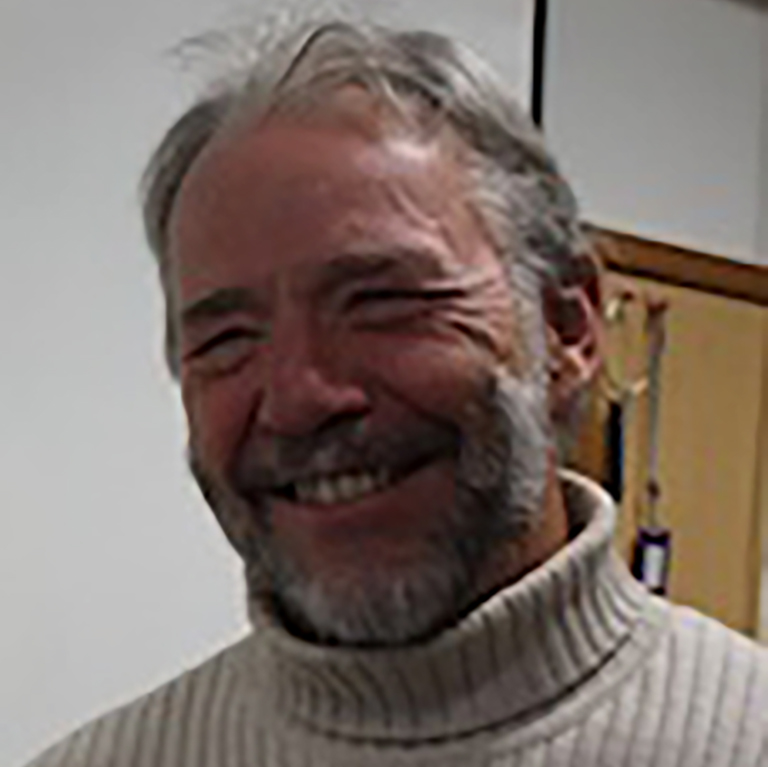- Ph.D., Stanford University, 1966
- B.S., Fresno State College, 1961

James Townsend
Distinguished and Rudy Professor Emeritus, Psychological and Brain Sciences

Distinguished and Rudy Professor Emeritus, Psychological and Brain Sciences
Professor Townsend has worked for many years within the broad information processing approach. Within that domain, he has carried out theoretical and experimental research on the parallel vs serial processing issue and on letter and elementary pattern perception.
The pattern recognition work established a firm empirical foundation for certain models that now form a basis for work in identification and categorization. It also has aided understanding of how feature perception occurs. Later investigations include development of the general recognition theory in collaboration with F. Gregory Ashby. Recent efforts have centered on developing a rigorous framework for the investigation of perceptual dependencies.
His earlier work on parallel and serial processing indicated broad areas where model mimicking occurred. Later efforts have discovered a number of promising experimental strategies, backed up by mathematical results, that can be used to experimentally distinguish the two modes of processing. Similar projects have involved related topics such as self-terminating vs exhaustive processing and limited vs unlimited capacity.
This branch of work has also led into collaborative efforts with Richard Schweickert on his theory of more complex mental networks. They have worked on experimental techniques that can experimentally isolate canonical subclasses within quite complex sets of architectures. Another line of research has involved collaboration with Jerome Busemeyer on a theory of dynamic decision making. This theory attempts to provide a quantitative setting for explanation and prediction that, in contrast to traditional approaches based on utility theory, is inherently psychological and motivational, dynamic, and stochastic.
Professor Townsend has also published a number of papers on general theoretical methodologies, measurement, history of mathematical psychology and recently, on dynamics and chaos theory. He is currently building up a laboratory for the study of face perception, employing state-of-the art computer facilities. He hopes to enrich theoretical advances in this area with the aid of constructs from differential and algebraic topology, as well as more standard mathematical psychology tools such as stochastic processes.
2007 - Townsend, J. T., Fific, M., Neufeld, R. W. J. Assessment of mental architecture in clinical/cognitive research, in T. A. Treat, R R. Bootzin, and T. B. Baker (Eds.), Psychological Clinical Science: Papers in Honor of Richard M. McFall. Mahwah, NJ: Erlbaum Associates.
2007 - Neufeld, R. W. J., Townsend, J. T., and Jette’, J. Quantitative Response Time Technology for Measuring Cognitive-Processing Capacity in Clinical Studies, in R. W. J. Neufeld (Ed.), Advances in Clinical Cognitive Science. Washington, D.C.: American Psychological Association.
2007 - Townsend, J. T. & Honey, C. J. Consequences of base time for redundant signals experiments, Journal of Mathematical Psychology, 51(4), 242-265.
2003 - Townsend, J.T., & Spencer-Smith, J.B. Varieties of deterministic perceptual separability on simple manifolds. In C. Kaernbach, E. Schröger, and H. Müller (Eds.), Psychophysics beyond sensation: Laws and invariants of human recognition. Mahwah, NJ: Erlbaum.
2001 - Spencer-Smith, J.B., Wild, H., Innes-Ker, A., Townsend, J.T., Duffy, C., Edwards, C., ERvin, K., Merritt, N., & Won Paik, J. Making faces: Creating three-dimensional parameterized models of facial expression.
2001 - Townsend, J.T. A clarification of self-terminating vs. exhaustive variances in serial and parallel processing. Perception & Psychophysics, 63, 1101-1106.
2001 - Roe, R.M., Busemeyer, J., & Townsend, J.T. Multi-alternative decision field theory: A dynamic artificial neural network model of decision making. Psychological Review, 108, 370-392.
1998 - McFall, R., & Townsend, J.T. Foundations of psychological assessment: Implications for cognitive assessment in clinical science. Psychological Assessment, 10, 316-330.